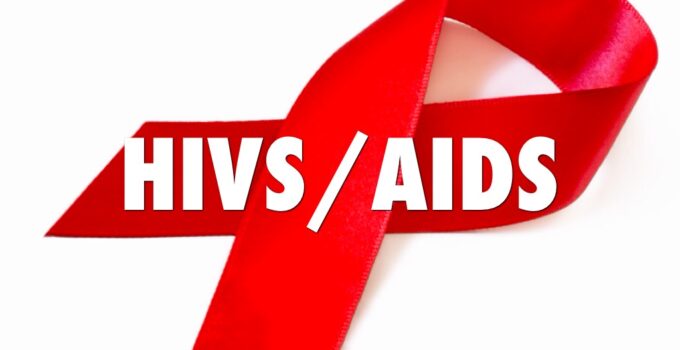AIDS is one of the deadliest diseases known to mankind today. Even though treatments in the field have advanced drastically, the medical community is yet to find a medicine or procedure that would completely cure the infected. Perhaps only the diagnosis of cancer matches the horrors an AIDS diagnosis entails, and even then, these two often come hand in hand.

From HIV to AIDS
An HIV positive person does not necessarily have AIDS; it is the final stage of the infection and will only set in when proper treatment is not administered right at the beginning. Since symptoms are of a non-specific nature- the infected person will only have digestive issues, nausea, and fever during the initial stage of the infection- treatment is often not administered at the right time. These symptoms are easily treatable by generic medicines and are usually interpreted as mild infections. Even if the person is not given any medicine at this point, the symptoms will usually go away as the disease enters its latency stage, to remerge in some time as full-blown AIDS, attacking the immune system. It is, therefore, necessary to test any persistent stomach upset or fever for HIV if the patient has been exposed to conditions favorable to HIV transmission, such as recent surgery and/or unprotected sex.
Debunking the myths
There are many misconceptions regarding AIDS throughout the most civilized of societies, although the prevalence of myths is most common in underdeveloped demographics. To debunk those myths, it is important to keep in mind that
- Casual physical contact, even kissing, doesn’t spread AIDS.
- HIV/AIDS is transmitted through sexual contact- oral and genital.
- HIV/AIDS is also transmitted through blood transfusion and the sharing of injection needles.
- HIV/AIDS is not transmitted through shared utensils, food, sanitary objects, or living quarters.
- Exposure to feces, urine, sputum, vaginal discharge, and menstrual blood does not run the risk of transmitting HIV/AIDS unless these fluids are mixed with blood.
- HIV/AIDS can be transmitted from mother to child during pregnancy or breastfeeding.
Prognosis
A person who has been tested positive for HIV, that is, already been infected with the Human immunodeficiency virus, most start taking immediate steps toward treatment. Although there is nothing that will cure them of the infection as of yet, current reports show that with an early diagnosis and proper treatment, the infected can live an almost normal life with nearly normal life expectancy. Things, however, will change once the HIV has progressed to AIDS, or Acquired Immunodeficiency Syndrome. As the name suggests, the progression of HIV to AIDS translates to a severe malfunctioning of the immune system, making the infected prone to a number of opportunistic infections and cancers.
Necessary steps
Neither HIV nor AIDS is curable as of now, and the best course of action is to practice caution. Make sure that all needles and surgical instruments are sterilized and/or new. Indiscriminate sexual contact increases the chances of contracting this deadly disease thanks to the larger demographics. Protection during sexual contact is a must for oral, anal, and genital intercourse.
HIV/AIDS is a highly dangerous disease, and it works by attacking the immune system, so that we are gradually more and more susceptible to a variety of illnesses and infections. The best way out is to be aware of its risks and educate ourselves and the younger population about the same.




